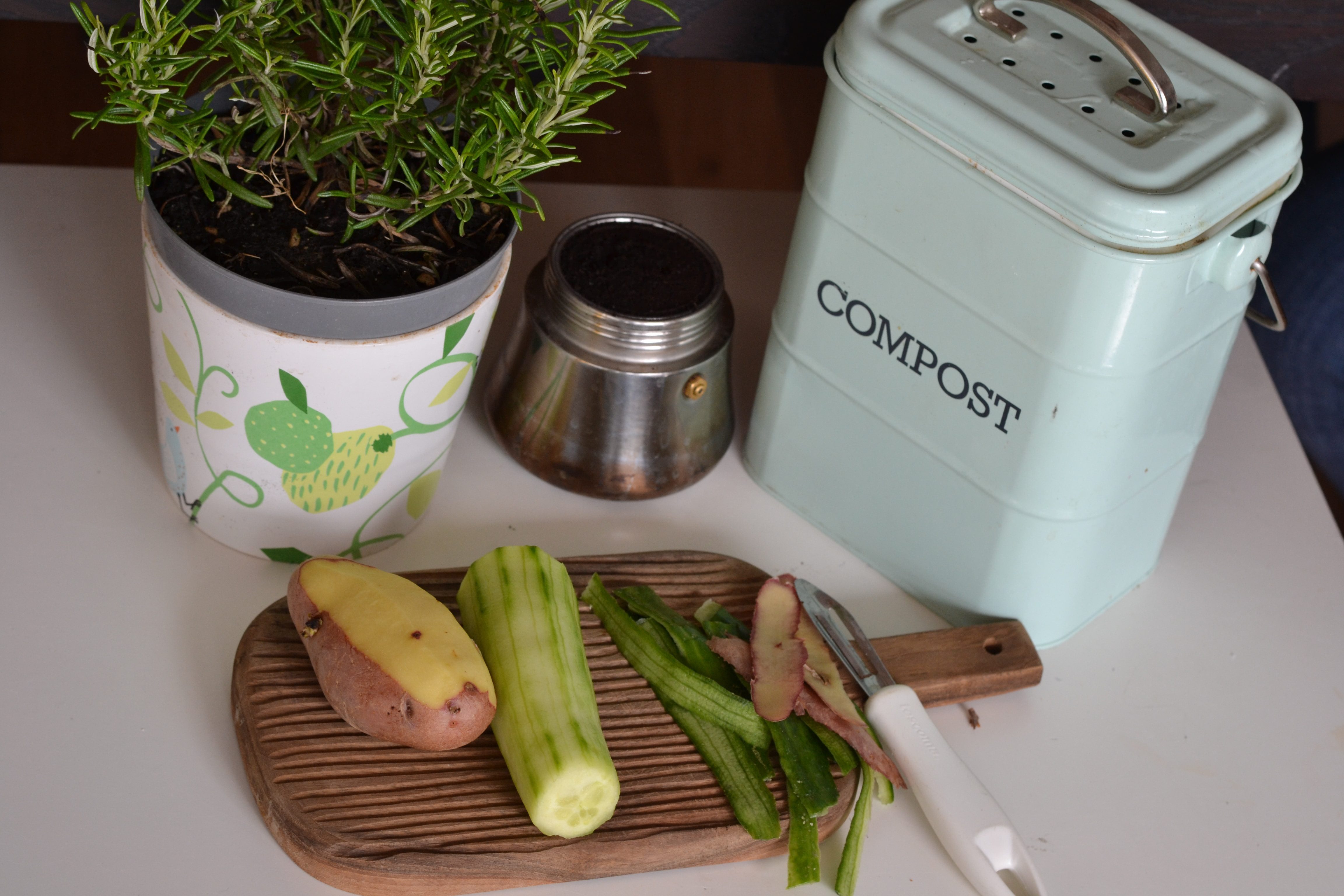Christians all over the world enter into the practice of Lent leading up to our celebration of Jesus’ death and resurrection on Easter Sunday. There are many different ways people enter into the spirit of Lent, but traditionally, this season in the church calendar is meant to remind us of the 40 days Jesus spent praying and fasting in the wilderness.
The number 40 is a significant number in Judaism. It signifies a time of preparation and testing. During these days, Jesus prepared for his public ministry by removing all earthly distractions possible and sitting in God’s presence.
Here are several ways you might “cut the waste” out of your Lenten season this year:
Traditional Lenten Fasts
The Catholic and Orthodox traditions engage in prayer, fasting, and abstinence during Lent. Fasting is only eating during certain times of the day, and abstinence is eliminating certain foods from your diet or activities from your life for a period of time.
Catholics are called by the church to abstain from eating meat on Ash Wednesday and all Fridays during Lent (hence the proliferation of fish sandwiches at fast food restaurants and fish fries across the nation on Fridays).
The Orthodox church engages in a more limited diet during lent. They are called to abstain from meat, meat by-products, poultry, eggs, and dairy products for the entire Lenten period. The Spruce Eats offers a simple list of foods that are okay to eat during the Great Lent as well as ideas for meals to prepare during this season.
Reduce Food Waste

Perhaps now is the time to make a more concentrated effort to reduce food waste in your home. Plan meals using what you have in the refrigerator and pantry before going to the grocery store. Be creative with ways to use soon-to-be expired products. Freeze your leftovers or give them as a meal to a friend or family member instead of throwing them in the trash. Compost whatever can be composted. You might be surprised at how much trash you can keep out of the landfill in 40 days of intentionally reducing your food waste.
Manage Your Time Waste

In what ways do you find yourself wasting time during the day? The frenzied feeling of busyness doesn’t give much space for us to seek the Lord and find peace. How much time do you spend watching television, scrolling through social media, or consuming podcasts? A fast from any one of these activities might free up lots of time you didn’t know you were wasting.
See if you can find time in your day to retreat and be alone with God, in whatever ways as seem most soul refreshing for you—walking without electronic distractions, spending time in nature, reading the Bible, praying, meditating, journaling, painting, or reading a book are all possible ways you might choose to fill the time you’ve found by fasting from other activities.
Conserve Water Usage
It’s easy to overlook water waste when you live in a developed country where water is so easily accessible. Take the next 40 days to be aware of your water usage. Green Living offers 8 ways you can reduce your water waste.
Declutter Your Home

Are all the things in your space making you anxious? We’re amazingly good at accumulating stuff. Maybe it’s time to go back and watch The Minimalists for inspiration on how you can declutter your home (and your life). As part of the Lenten practice, choose to abstain from buying items that are not necessities for your survival.
Sugar Fast
If the full-on fast of the Orthodox church is too much for you, but you want to try for more than Catholic meat abstinence, consider other kinds of fasts, such as an alcohol fast or a sugar fast. Wendy Speake is the author of The Forty-Day Sugar Fast: Where Physical Detox Meets Spiritual Transformation. Speake welcomes readers to “the 40-Day Sugar Fast, a fast that begins with us giving Jesus our sugar and ends with Jesus giving us more of himself–the only thing that can ever truly satisfy our soul’s deep hunger.”
Make Space for God

This is an important part of any spiritual fasting practice. It isn’t enough to empty ourselves out; we have to replace what we’ve cut with something beneficial and fruitful. Jesus tells us in Matthew 12:43-45 that just sweeping clean the house of an evil spirit without filling it in again with the Holy Spirit only invites the evil spirits back in with a vengeance once the homeowner turns their back and stops being so vigilant. This haunting parable applies so well to the intentional practice of Lent. So often, we focus on what we are removing or abstaining from without turning toward Jesus, the author and perfecter of our faith, to fill us with his goodness and love.
Whatever distractions you choose to remove from your life during the season of Lent, it’s important to replace those distractions with soul-filling practices like those listed above. When you are tempted to return to the ways you are fasting from, use that moment of temptation to turn back to Jesus, to pray for help with that temptation, and to move forward with confidence that the love of God is enough to sustain us during this season of abstinence and fasting.





 Copyright
2025
Root and Vine
Copyright
2025
Root and Vine